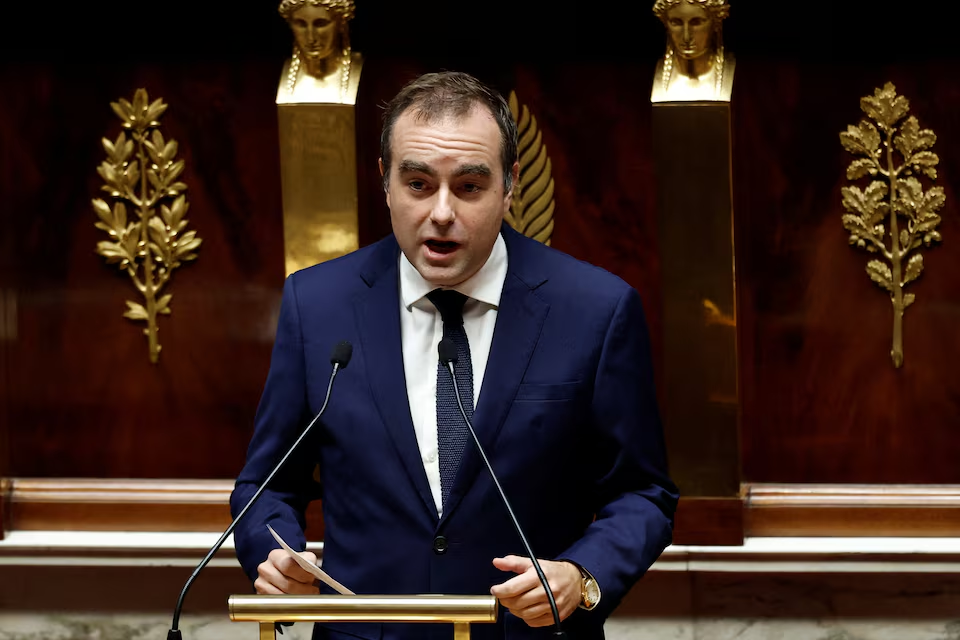Saudi Arabia Insists on Palestinian State Recognition as Part of Any Agreement to Normalize Relations with Israel - Antony Blinken
Saudi Arabia demands the recognition of a Palestinian state as part of any agreement to establish diplomatic relations with Israel, a condition that Saudi Crown Prince Mohammed bin Salman has steadfastly maintained, according to U.S. Secretary of State Antony Blinken.
.
The senior U.S. diplomat stated that the normalization of relations between Israel and Saudi Arabia is the key to long-term stability in the Middle East and will ensure Israel’s security.
Blinken emphasized that an immediate ceasefire in Gaza is crucial, followed by a focus on the long-term stability of the region, which will include Israel's security. He further stressed that the central element in this process is the normalization of relations between Israel and Saudi Arabia.
In an interview published on Wednesday, Blinken expressed hope that the incoming Trump administration would complete such a deal.
However, Blinken stated that for this to happen, peace in Gaza is required first, and it is a clear message from the Saudis: “We need a credible path to a Palestinian state.”
Despite several meetings over the past year, Saudi Arabia recently indicated this week that it is willing to simplify its demands in exchange for normalization, but Riyadh has repeatedly insisted on the creation of a Palestinian state based on the 1967 borders, including East Jerusalem, which it holds as non-negotiable.
Since October 7 of the previous year, more than 44,000 Palestinians have been killed in Israeli bombings. Israel has also regularly blocked humanitarian aid from entering Gaza, which has been the subject of recent warnings from the United States.
The Biden administration and Washington have been widely criticized for failing to label the Israeli attacks on the Palestinian people as genocide.
During his first term, Donald Trump brought the Abraham Accords to the forefront, normalizing diplomatic relations between Israel and the United Arab Emirates, Bahrain, Morocco, and Sudan. It is now anticipated that a similar agreement could be made with Saudi Arabia during Trump’s second term.
In the meantime, Trump has already sent Steven Witten, the designated Middle East envoy, to Saudi Arabia ahead of his inauguration on January 20.
Saudi Arabia’s ambassador to Washington, Princess Reema bint Bandar Al Saud, said at the World Economic Forum last month that normalization with Israel is impossible without an irreversible path to the establishment of a Palestinian state.
If Saudi Arabia backs down from its condition for normalization in exchange for a defense agreement with the United States, it could damage Saudi Arabia’s image in the Muslim world.










